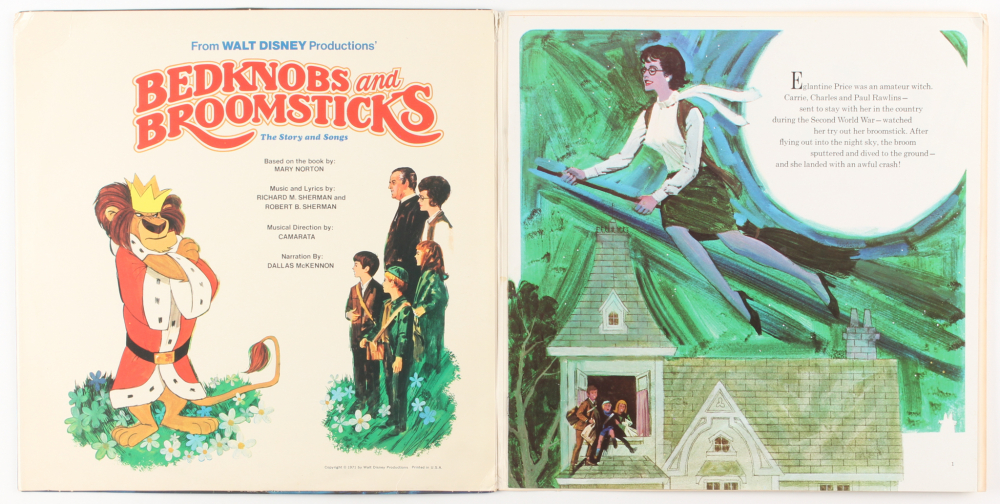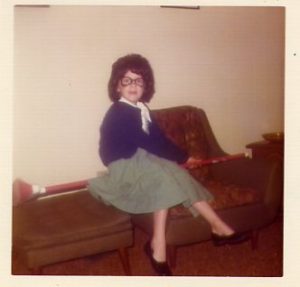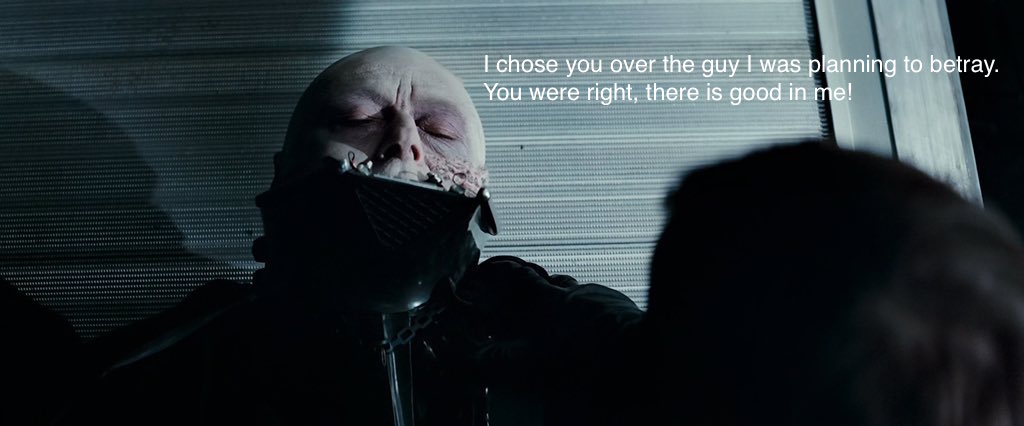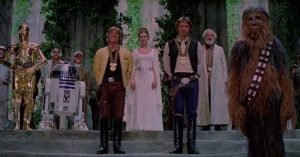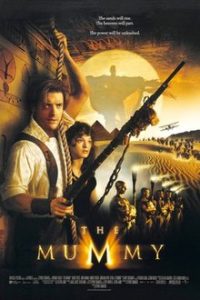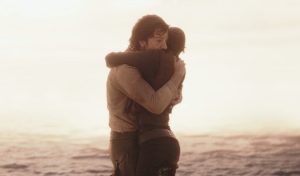movies
The Lion King: A Movie Without a Middle
Last weekend’s Disney movie was The Lion King (the animated version). I saw this one in the theater — I was in Washington, D.C. and a big storm hit while I was out sightseeing. I made it into Union Station, but even if I took the metro back to my hotel I’d have had to make it from the station to the hotel in the downpour. Since Union Station is also a mall, I figured I could wait out the storm by seeing a movie, and The Lion King was the next thing to start. The storm was bad enough I could hear the thunder even during the movie. I don’t recall having seen it again since then, though I have seen the Broadway version a number of times.
I’ve got to admit, this isn’t one of my favorites. The opening “Circle of Life” scene gives me goosebumps, but the rest of the movie doesn’t do much for me. Simba’s kind of a brat, and he’s as passive a character as any of the old-school princesses. In fact, there are a lot of parallels between this movie and Snow White. We’ve got a usurper who tries to get rid of the heir by sending him/her off to get killed, only the heir manages to escape and ends up getting lost and collapsing in a far-off place, where he/she is then taken in by wacky sidekicks. And then the villain falls off a cliff. Simba does play a role in the final confrontation with the villain instead of sleeping through it, but almost every action he takes through the entire movie is because of someone else telling him something. He gets in trouble with the hyenas because he listens to Scar, then is in the path of the stampede because he listens to Scar. He takes Scar’s word for it that he’s at fault for his father’s death, he takes on the “Hakuna Matata” philosophy because Timon and Pumbaa tell him he should. He decides to go back home because Nala and his father’s spirit tell him to, and he learns that Scar killed his father because Scar tells him. Simba doesn’t ever actually initiate any action.
The instructor of a writing workshop I once went to called this a “movie without a middle,” and now I can’t unsee it. Usually, the middle of a story is a training ground for the hero, where he tries doing things the old way, based on the way he was at the beginning of the story, only to fail because he hasn’t learned the lessons he needs to, or this may be when he gets the thing he needs to achieve his goal, but now he needs to get back home and fix things. It’s when he starts to learn the lesson he needs to learn, so that he’s a changed person at the end at the final confrontation. But Simba just goes away, takes on the no worries way of life and sheds his responsibility, then he gets told he needs to help his people, and he goes home. He doesn’t learn anything along the way that makes him capable of winning. They set up a change he needs to make — he starts out wanting to be king so he can do what he wants — then he goes off and lives a life of doing what he wants, then he goes back home. It’s not as though he learns something in the jungle that he can apply to facing Scar or that he has an experience that tells him “no worries” isn’t a good way of living his life. He’s just told that. And then he doesn’t do anything to figure out what Scar was up to. He doesn’t hear Scar’s lies and realize that he was being gaslit. He doesn’t figure it out based on Scar’s actions or his words not adding up. He only figures it out when Scar tells him. There feels like a big gap because Simba being a big slacker and him coming back to take back his kingdom. The writers don’t show their work.
I felt a bit better about the story after hearing my pastor’s sermon on it. He related it to the story of Peter, who denied Christ on the night Jesus was arrested. Then after the resurrection, he went off on a fishing trip (considering this was how they made their living, I’m not sure it equates to what we think of as “going fishing,” but I can see where my pastor was making a point). Jesus met with him on the shore and gave him the opportunity to affirm him, essentially giving the “remember who you are” speech, then sent him on a mission. And I can kind of see that, with Simba being given a do-over after what he saw as a failure and still being loved and accepted.
Still, I’d feel a lot better about The Lion King if there’d been any kind of process to Simba’s character arc, like if he truly learned that kings can’t just do what they want and learned about real leadership. Or if he figured out that Scar was probably behind it all and he’d been wrongly blaming himself. Or anything active. At all.
Looking at the story structure stuff, our “I Want” song is “I Just Can’t Wait to Be King,” and what Simba wants is to be in a position where no one can tell him what he can or can’t do. There isn’t really a story goal. This is a story without a protagonist. Scar wants to be king and achieves that and stops trying to do much of anything at the midway point of the movie. Simba stops having any ambitions or goals at all at the midway point of the movie, though I guess at that point he’d achieved not having anyone to tell him what to do. He doesn’t develop the goal to take back his kingdom until the last 20 minutes or so. Nala is the “Disney prince” of this movie, and she gets part of a song and gets to take some initiative, actually being a more active character than Simba. She’s the one who finds him and starts pushing him to take action, and she rallies the lionesses to the fight. I’d forgotten Moira Kelly did the voice, and I kept expecting to hear a “toepick!” from Nala.
My personal connection to this one is James Earl Jones, who was the guest speaker for the grand opening of a new library in my city (he had some kind of tie to a corporation based here that sponsored the event, and apparently literacy is one of his big causes), so I’ve been in the same room with him, both in the auditorium where he spoke and in the library itself. I didn’t try to talk to him, but there was a moment of eye contact, smile, and nod in the library. His normal speaking voice is pretty “Mufasa,” but when he laughs he has a high-pitched giggle that’s quite a contrast.
My pastor’s sermon this week ties to The Incredibles, which I consider outside the bounds of this project, since I’m focusing more on Disney and was planning to do Pixar separately, so I may watch some other Disney, as well. We’ll see what I’m in the mood for. They just added a bunch of movies I want to watch to Amazon Prime. I don’t have that many streaming services, and I already have more content than I have time to watch between Prime and Disney, and now I have PBS Passport because the classical station is part of the public radio/TV group and I donate to it, and then I got three months of Apple TV+ because of the new computer. I may put off activating that until a little later.

